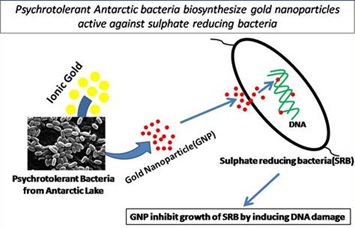7667766266
enquiry@shankarias.in
Malabar Rebellion of 1921
Kunhamed Haji
PM- Formalization of Micro Food Processing Enterprises
Operation Greens
RBI Recommendations on ATMs
Kholongchhu Hydroelectric Project (KHEL)
United Nations Convention against Torture (UNCAT)
Commonwealth Human Rights Initiative (CHRI)
Gold Nanoparticles

Source: The Hindu, PIB